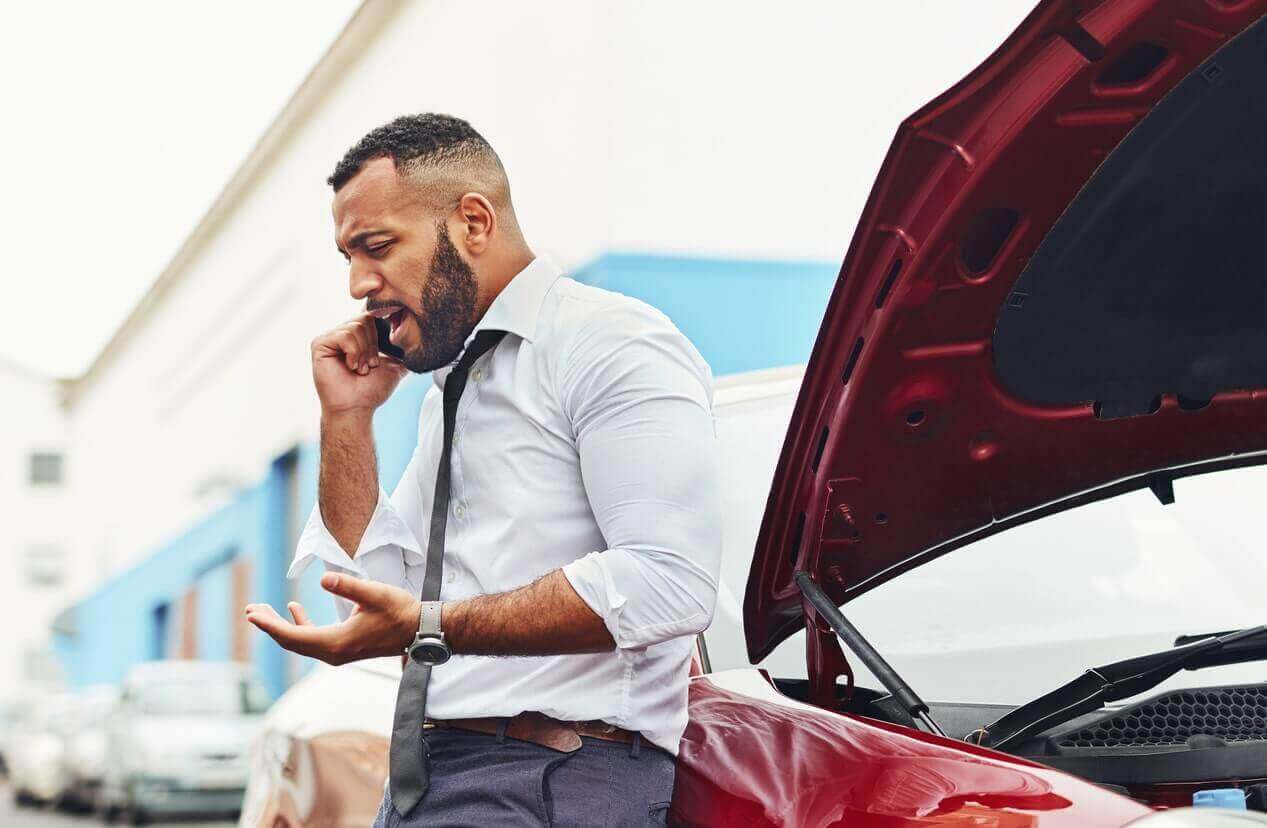What Happens if You Get in a Car Accident in a Company Vehicle?

Accidents using a company vehicle pose some complications. Car crashes, injured civilians, or personal injuries are common results of accidents. But, what happens if you get in a car accident? How do you handle these situations?
Here are some tasks you are expected to do.
First, Resolve Who is at Fault
A company vehicle includes a car, truck, van, or bus owned by a business. This vehicle could have different uses, such as a shuttle for employees (car/van/bus) or transporting goods (truck). Often, Santa Fe Commercial Auto Insurance covers this vehicle.
However, a car accident involving company vehicles have different sets of rules. You will need a lawyer expert in accident injuries. The first thing is to resolve who is at fault. There are several factors to consider in this task.
Factors to Know
Negligence
Proving negligence is the most difficult part of an accident. But it is critical in resolving who is at fault. Negligence is when the driver didn’t act responsibly, which resulted in the accident.
Liability
When negligence is established, the driver at fault will pay for the damages. If the driver is an employee of a business, the employer is liable. However, the insurance provider will pay if the vehicle is covered by an insurance policy.
Damages
These normally include medical bills, rehabilitation costs, property damage, and other out-of-pocket costs. If your employee is injured and temporarily disabled, damages may also include wage replacement income.
Third-party
There are times that civilians are injured or other businesses are affected in a company car accident. Thus, it is important to ensure that you deal with every angle.
Assuming the driver at fault is your employee. This will lead us to the second phase.
Second, Determine Who is Paying
With the previous assumption, your insurance company will pay for all the damages brought by the accident. Otherwise, the other driver’s insurance will pay for all incidental costs.
However, there are limits to the employer’s liability. You need to establish the responsibility and liability between you and your employee.
When Are You Responsible and Liable?
By default, you are responsible for your employee’s actions. The legal term is respondeat superior. This is when the insurance provider pays all damages.
The insurance company makes sure that you, as the employers, aren’t personally liable for the accident.
When is Your Employee Liable?
There are situations when an employee shoulders the liability. What are these?
First, when the employee committed a crime, you can refuse to protect your employee. This includes protection from lawsuits.
Criminal activities include driving while drunk or drugged with illegal substances and acting irresponsibly.
Second, the employee used the company vehicle on a personal errand. The law refers to this as a “frolic.” This legally relieves you from any liability. The driver-employee will be held accountable.
Third, independent contractors are not employees. Thus, you are not liable for any accident the contractors get themselves into.
Even if the independent contractor used the company vehicle for your business-related activities, of course, you should include this clause of limited liability in the contract.
Other Things to Remember
Non-extension of Coverage
Commercial Auto insurance doesn’t extend coverage to spouses, relatives, or other family members of the employee. Your insurance provider may deny any claim if the driver at fault is a family member of the employee.
Thus, make sure to have a clear-cut policy regarding personal usage of the company vehicle. Besides, this will expose your business to greater risks. As much as possible, prohibit your employee from using the company car or vehicle for personal use.
Add-On Options
For example, you want to give privilege to employees to use the company vehicle for personal use. You can talk to your insurance provider about getting additional coverage.
Of course, the additional premium could either benefit employees, or you only pay a portion. Regardless, this will provide comprehensive coverage to your employees. Furthermore, you’re protecting your business from potential financial losses.
Conclusion
As a summary, you should be able to answer these questions most concisely during the investigation.
- Who was the driver of the company vehicle?
- Who and what caused the accident?
- Is the purpose of driving the car an official business or personal matter?
- Have you checked the liability requirements in your state?
About Daniels Insurance, Inc.
At Daniels Insurance, Inc., we have a unique understanding of the risks that businesses like yours face on a regular basis. With the backing of our comprehensive coverages and our dedication to customer service and quick claims resolution, your business will be fully protected. For more information, contact us today at (855) 565-7616.
